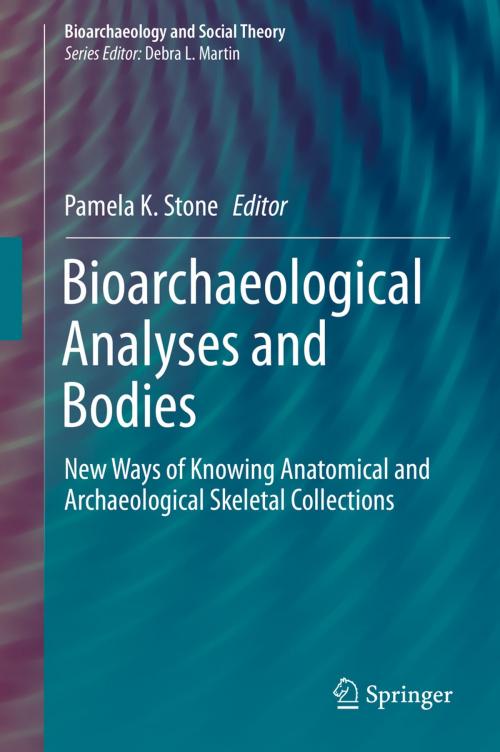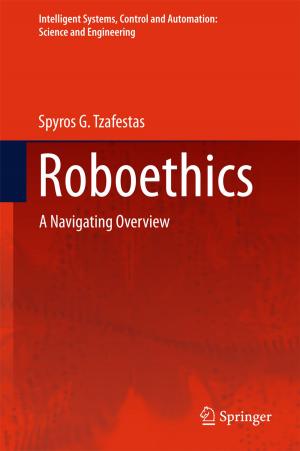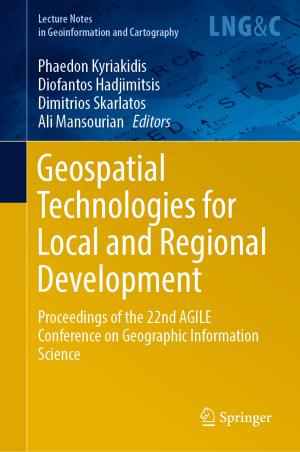Bioarchaeological Analyses and Bodies
New Ways of Knowing Anatomical and Archaeological Skeletal Collections
Nonfiction, Social & Cultural Studies, Social Science, Archaeology, Anthropology, History| Author: | ISBN: | 9783319711140 | |
| Publisher: | Springer International Publishing | Publication: | January 16, 2018 |
| Imprint: | Springer | Language: | English |
| Author: | |
| ISBN: | 9783319711140 |
| Publisher: | Springer International Publishing |
| Publication: | January 16, 2018 |
| Imprint: | Springer |
| Language: | English |
This volume features bioarchaeological research that interrogates the human skeleton in concert with material culture, ethnographic data and archival research. This approach provides examples of how these intersections of inquiry can be used to consider the larger social and political contexts in which people lived and the manner in which they died.
Bioarchaeologists are in a unique position to develop rich interpretations of the lived experiences of skeletonized individuals. Using their skills in multiple contexts, bioarchaeologists are also situated to consider the ethical nature and inherent humanity of the research collections that have been used because they represent deceased for whom there are records identifying them.
These collections have been the basis for generating basic information regarding the human skeletal transcript. Ironically though, these collections themselves have not been studied with the same degree of understanding and interpretation that is applied to archaeological collections.
This volume features bioarchaeological research that interrogates the human skeleton in concert with material culture, ethnographic data and archival research. This approach provides examples of how these intersections of inquiry can be used to consider the larger social and political contexts in which people lived and the manner in which they died.
Bioarchaeologists are in a unique position to develop rich interpretations of the lived experiences of skeletonized individuals. Using their skills in multiple contexts, bioarchaeologists are also situated to consider the ethical nature and inherent humanity of the research collections that have been used because they represent deceased for whom there are records identifying them.
These collections have been the basis for generating basic information regarding the human skeletal transcript. Ironically though, these collections themselves have not been studied with the same degree of understanding and interpretation that is applied to archaeological collections.















